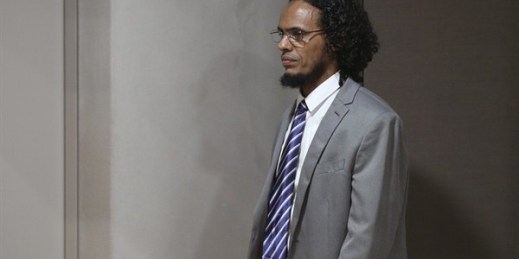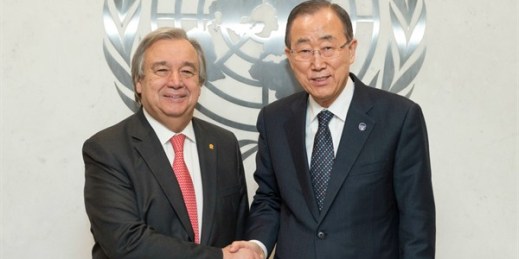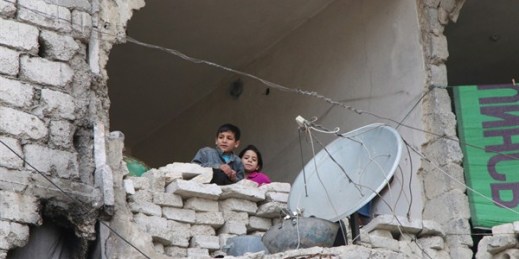
Late last month, judges at the International Criminal Court in The Hague issued a landmark verdict, sentencing Ahmad al-Faqi al-Mahdi, a Malian member of a jihadi group tied to al-Qaida, to nine years in prison for the destruction of sacred mausoleums in Timbuktu. For the first time, the ICC prosecuted the destruction of cultural heritage as a war crime, sending a powerful message of international condemnation against the growing use of attacks on cultural heritage as a weapon during war. Prosecuting the destruction of the Timbuktu mausoleums was a way to respond through law rather than force to similar devastation […]


